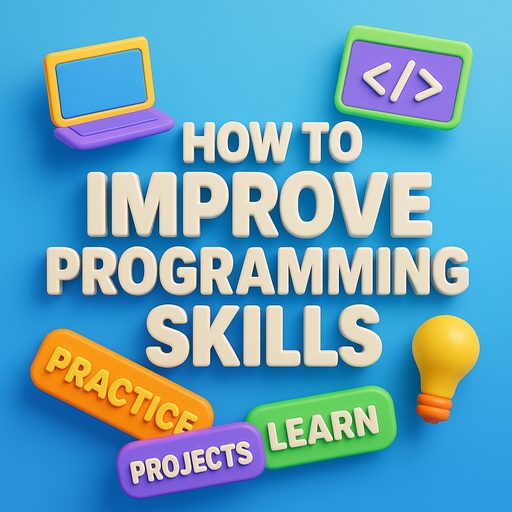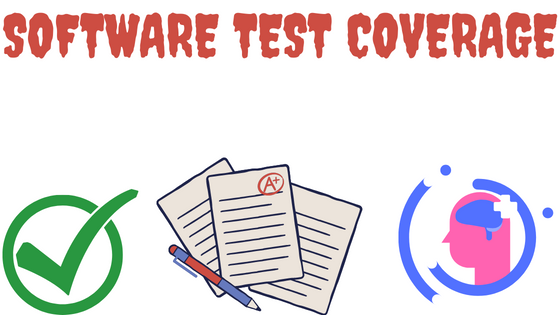Table of Contents
Choosing the Right Test Framework: Introduction
Selecting the ideal test framework is crucial for the success of your software projects. This decision can impact the efficiency, accuracy, and overall quality of your testing process. In this article, we will explore the essential factors to consider when choosing a test framework.
Understand Your Requirements

Before diving into the vast sea of testing frameworks, it is imperative to understand your specific needs. Identify the type of application you are developing and the testing requirements associated with it. Determine if you need unit tests, integration tests, or end-to-end tests. This clarity will guide you in selecting a framework that aligns with your project goals.
Consider Language Compatibility
The programming language used in your project significantly influences the choice of a test framework. Ensure that the framework you choose is compatible with the language of your application. For instance, if you are working with JavaScript, frameworks like Jest or Mocha might be suitable. For Python projects, consider frameworks like PyTest or Unittest.
Evaluate Ease of Use
A test framework should simplify the testing process, not complicate it. Look for frameworks that offer user-friendly features, clear documentation, and active community support. This will reduce the learning curve for your team and enhance productivity.
Check Integration Capabilities
Integration with other tools and platforms is a key factor. Ensure that the framework can seamlessly integrate with your existing development environment, CI/CD pipelines, and other essential tools. This will streamline your workflow and ensure smooth operations.
Performance and Scalability
Performance is a critical aspect, especially for large projects. The chosen framework should handle a significant number of tests without compromising speed and efficiency. Scalability is also important if you anticipate the need to expand your testing suite in the future.
Community and Support
A strong community and robust support system can make a significant difference. Opt for frameworks that have an active user base, regular updates, and responsive support channels. This will ensure that you can get help when needed and stay updated with the latest advancements.
Cost and Licensing
Consider the cost and licensing of the test framework. While some frameworks are open-source and free, others may require licensing fees. Evaluate your budget and choose a framework that offers the best value for money without compromising on features.
Final Thoughts on Selecting a Test Framework
Choosing the right test framework is a strategic decision that can enhance the quality and efficiency of your testing process. By understanding your requirements, considering language compatibility, evaluating ease of use, checking integration capabilities, assessing performance and scalability, ensuring community support, and considering cost and licensing, you can make an informed choice. Invest time in this decision to reap long-term benefits for your software projects.


